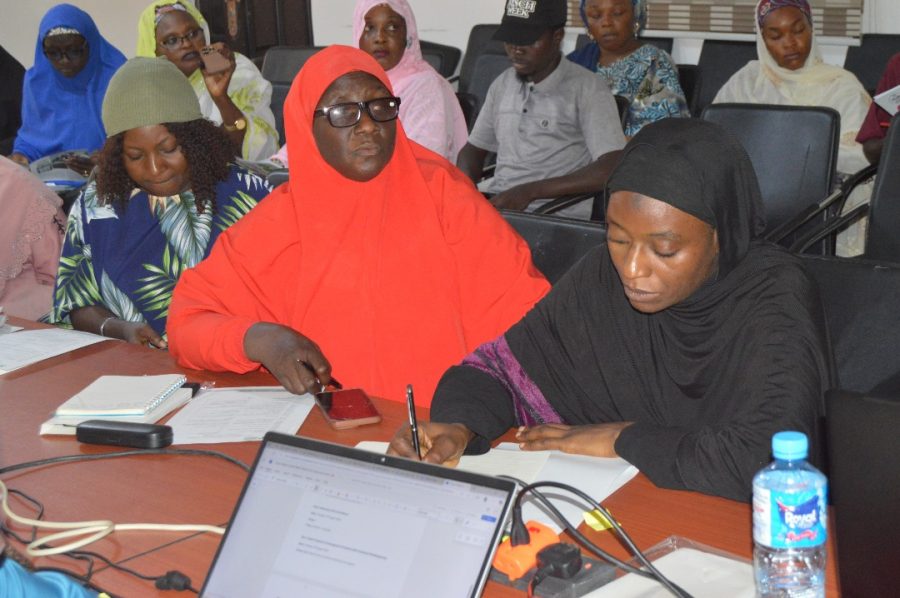In March 2025, Nigeria Health Watch launched the Integrated Community Listening in Niger state, an initiative aimed to amplify citizen voices, strengthen health systems, support risk communication, promote community engagement, improve health-seeking behaviours, and Primary Healthcare (PHC) service delivery and accountability.
The data from six local governments, including Lapai, Agaie, Wushishi, Tafa, Suleja and Kontagora, revealed some critical gaps in health care service delivery. The survey respondents still uphold cultural beliefs, with others stating poor access due to distance, bad roads or inadequate health services and providers, high cost of healthcare, misinformation, among others, as major barriers in seeking health services at PHC facilities. This results in a high rate of home deliveries and reliance on Traditional Birth Attendants (TBAs), vaccine hesitancy, and various sexual and reproductive health rights issues, ultimately leading to a significant impact on maternal and child mortality.

To address these gaps, Nigeria Health Watch organised a one-day workshop on 6th August 2025, focused on co-creating radio sensitisation messages. This workshop brought together the Niger State Advocacy Communication and Social Mobilisation (ACSM) technical working group, which included health educators, members of the Ward Development Committee (WDC), traditional and religious leaders, and representatives from the media. Together, they developed radio messages tailored to the community’s specific context, aimed at improving service delivery.
Aisha Garba, Programme Manager, Community Health Influencers Promoters and Services (CHIPS) affirmed that “many women in my community rely on what they hear on the radio. If they hear trusted voices talk about the benefits of going to the clinic, they will listen.” Her words reflect the reality for many families who depend on radio for both news and guidance.
The State Health Educator, Muhammed Usman Paiko, stressed that the government is committed to implementing workable suggestions from the workshop, “we want to see improved healthcare services for women, especially the pregnant and expectant mothers. Radio messaging will help us break barriers.”
Sheriff Gbadamosi, Nigeria Health Watch’s Advocacy and Community Engagement Manager, added: “Radio has the power to inform and influence families, especially in hard-to-reach or underserved areas at little cost, to seek care for maternal health, Sexual Reproductive Health Rights (SRHR), Water, Sanitation and Hygiene (WASH), immunisation, and more in health facilities.”
The strategy aims to increase PHC patronage among women and children by spreading targeted, culturally sensitive messages. Stakeholders agreed on quarterly meetings, data-driven campaigns, and visits to the selected LGAs to sustain the initiative. If successful, this will reduce maternal and child health risks in Niger’s hard-to-reach areas.
This Integrated Community Listening initiative aligns with Nigeria’s Health Sector Renewal Investment Initiative (NHSRII), specifically the second pillar, which emphasises equitable access to quality PHC services. By leveraging radio and community partnerships, Niger State is taking a vital step toward reducing maternal and child mortality.
Policymakers and stakeholders must therefore pay attention to citizens’ voices and concerns to:
- Invest in strengthening radio health campaigns to reach a wider audience, and
- Ensure targeted community engagement and interventions
As Dr. Ahmed Dangana, Commissioner for Primary Health Care, represented by Abubakar Usman Kpantu, the State Immunisation Officer, reflected: “With the right messages reaching the right ears, we can change health-seeking behaviour. No mother should be left behind because of distance.”